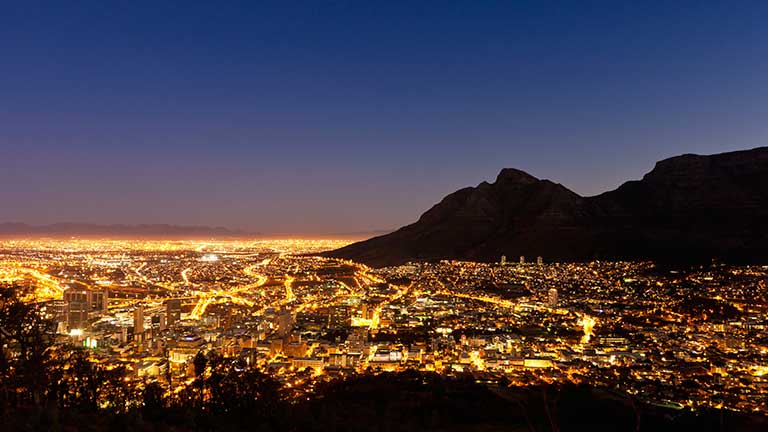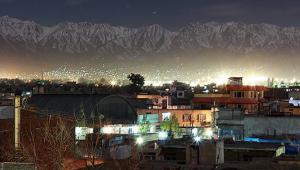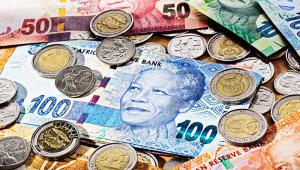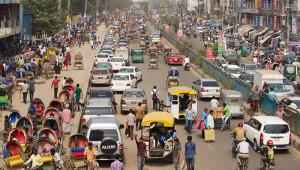ls_cape-town-south-africa_iStock_000019317362.jpg

Cape Town by night - Photo: iStock
The fund cut its growth prediction for South Africa from 0.6% to 0.1% as the commodity price slump and a political crisis over corruption weigh on the country’s economy.
“Deep-rooted structural problems – infrastructure bottlenecks, skill mismatches and harmful insider-outsider dynamics” are also holding back growth and exacerbating unemployment and inequality, the fund said in a statement.
While growth is expected to pick up to “weak recovery” in 2017, at 1.1%, the fund warned the country is exposed to considerable risks and that unemployment and the current account deficit, currently the biggest of any emerging economy, are likely to rise.
South Africa’s strong links to China are also a factor as the Asian economy undergoes a transitional slowdown, as are South Africa’s links to the UK, the fund said.
Britain’s vote to leave the European Union saw the South African rand spiral to its lowest since the financial crisis, and intelligence group EXX Africa recently warned that Brexit puts the country at higher risk of recession.
South Africa’s per capita income is currently on track to be the same next year as in 2010. The country already shrank by 1.2% in the first three months of 2016 amid severe unemployment and low commodity prices and drought took their toll on the country’s major industries.
The ongoing political turmoil, which centres on corruption allegations surrounding president Jacob Zuma, is causing further damage.
The potential for further damages to confidence as a result to domestic political problems, policy uncertainty and governance concerns are a significant source of risk, the IMF said.
The IMF said urgent reforms are needed to boost growth, create jobs and lower inequality.
Its executive board added that measures to boost spending efficiency, including containing the public wage bill, and increasing private sector participation in state-owned enterprises, should be pursued; otherwise, growth-friendly spending cuts and tax increases will be needed.













